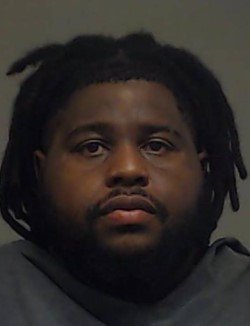Robert Roberson, 57, who was sentenced to death for the 2002 murder of his 2-year-old daughter, Nikki Curtis, based on a shaken baby syndrome diagnosis, received a temporary stay of execution originally scheduled for October 24, 2024. Roberson maintains his innocence, and his legal team argues the shaken baby syndrome diagnosis, which formed the basis of his conviction, is now discredited. They suggest alternative explanations for Nikki’s death that were not considered at trial.
The Texas Committee on Criminal Jurisprudence requested the delay to allow additional testimony from Roberson, citing Article 11.073 of Texas law, also known as the “junk science” law. This statute permits post-conviction appeals if relevant new science emerges that was unavailable during the trial. Roberson’s advocates argue he qualifies for relief under this law, highlighting ongoing disputes regarding shaken baby syndrome's validity.
The Texas Supreme Court was asked by the committee to halt the execution after the attorney general’s office sought to overturn a temporary restraining order from a lower court. The Office of the Texas Attorney General has since released the original autopsy report and other evidence to clarify what it calls “falsehoods” promoted by groups challenging the execution.
Read the details of case provided by the Texas Attorney General...



